

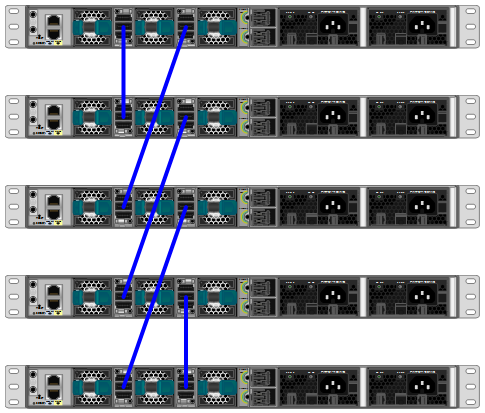
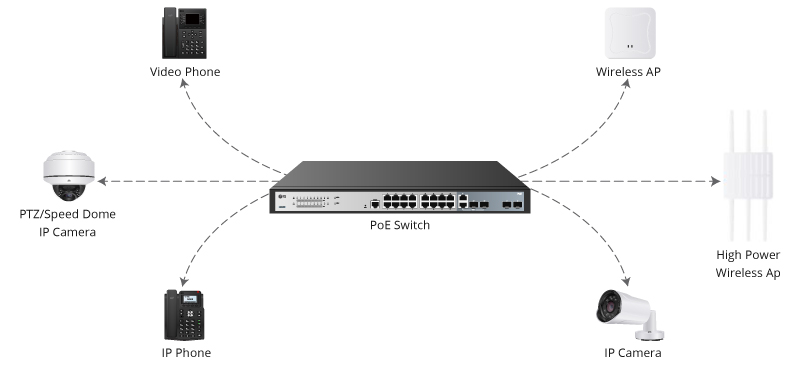
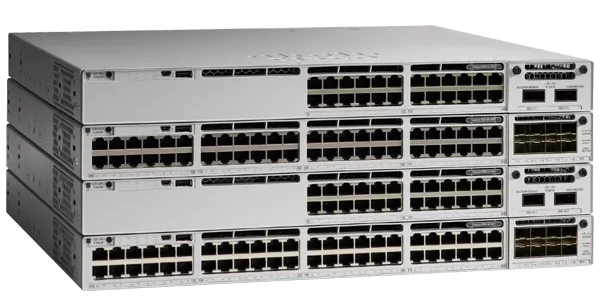
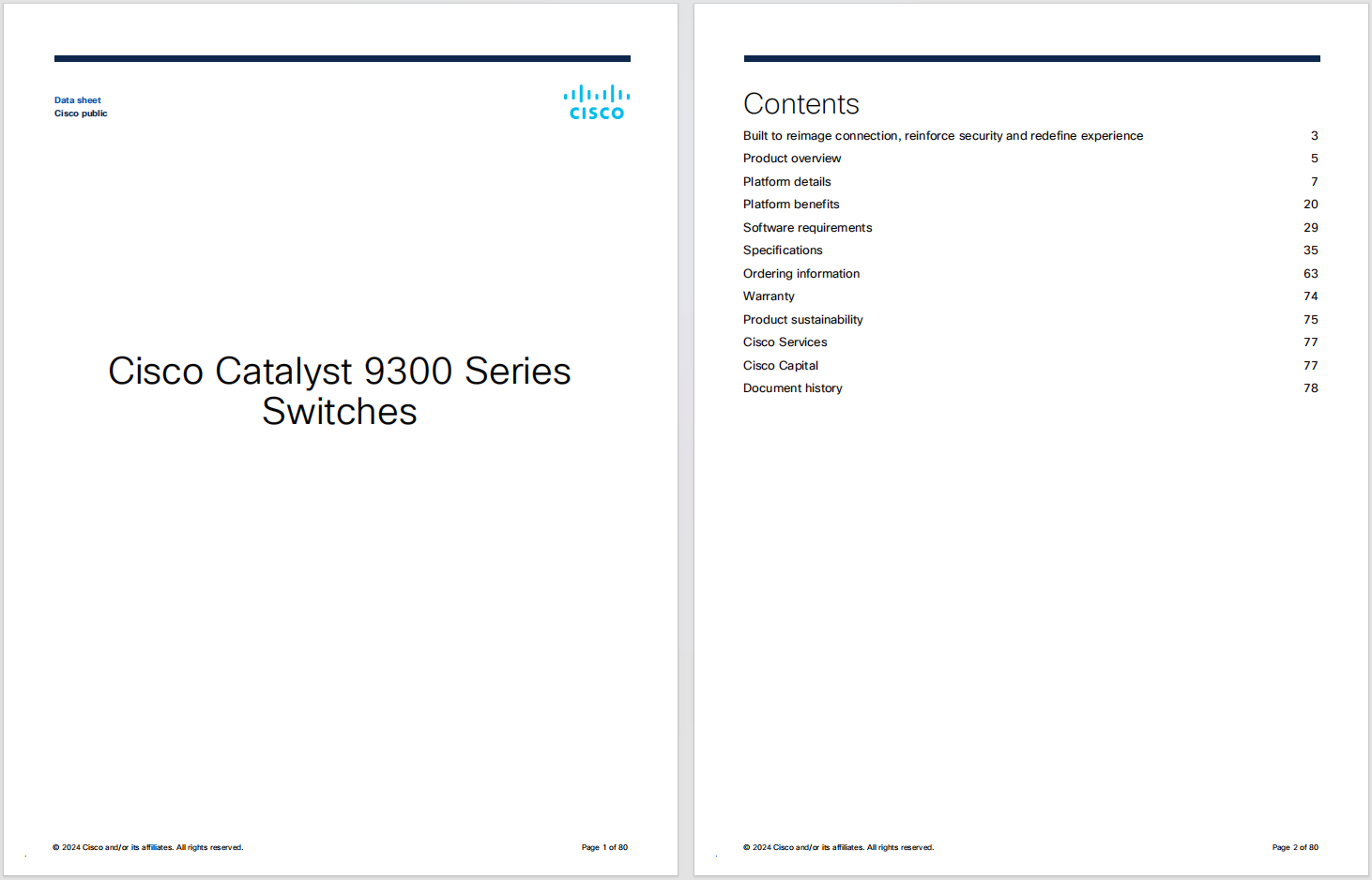
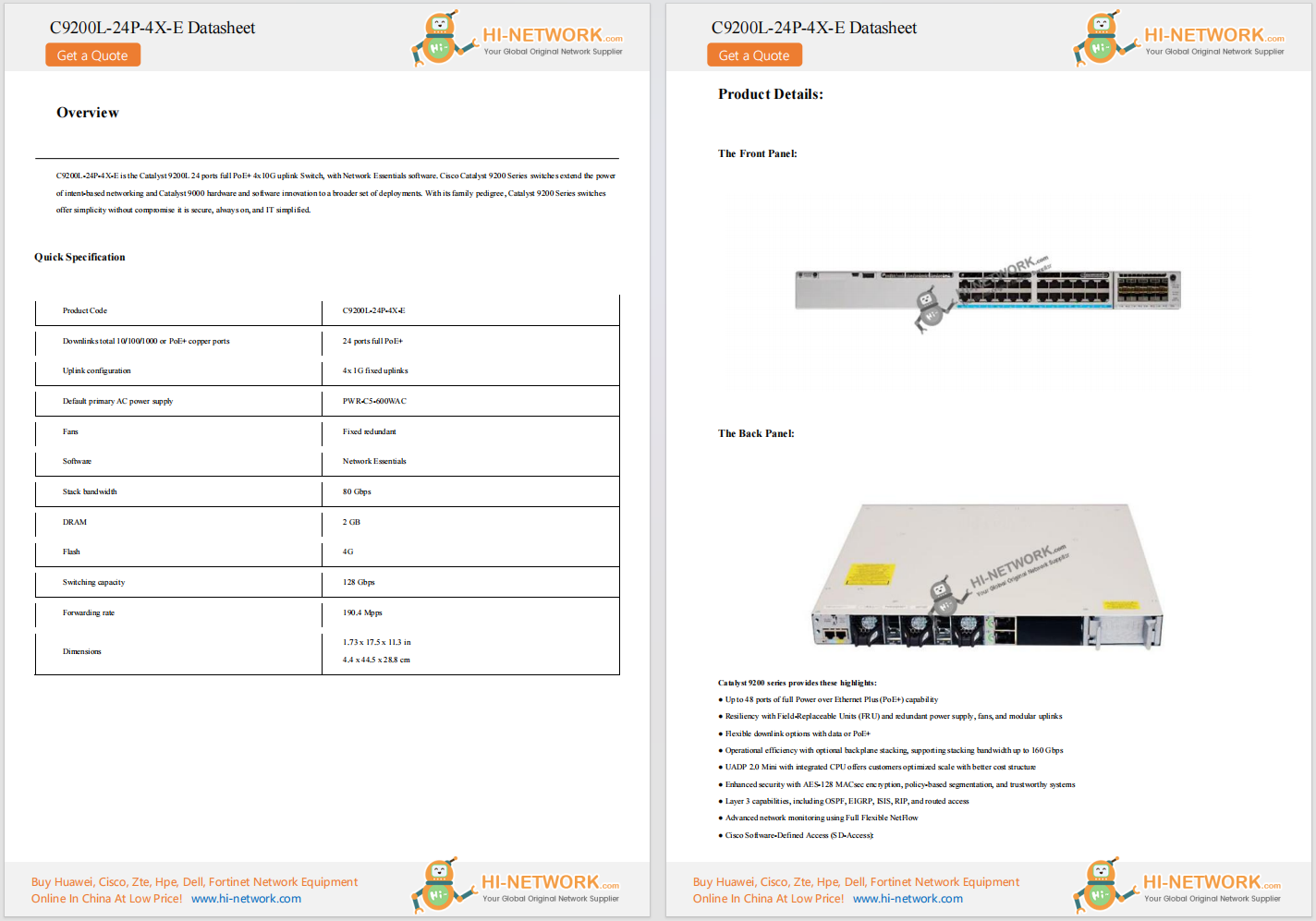
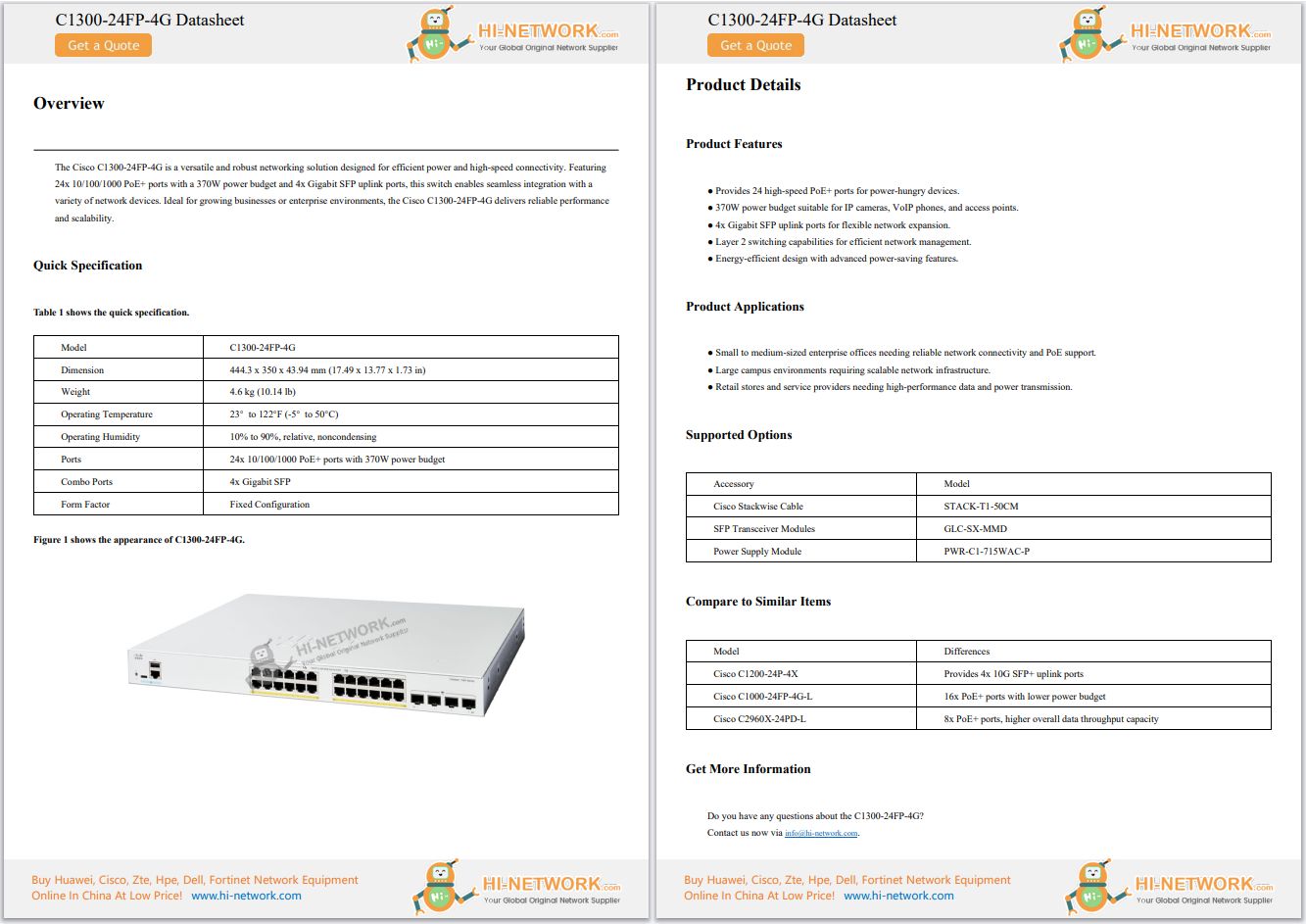
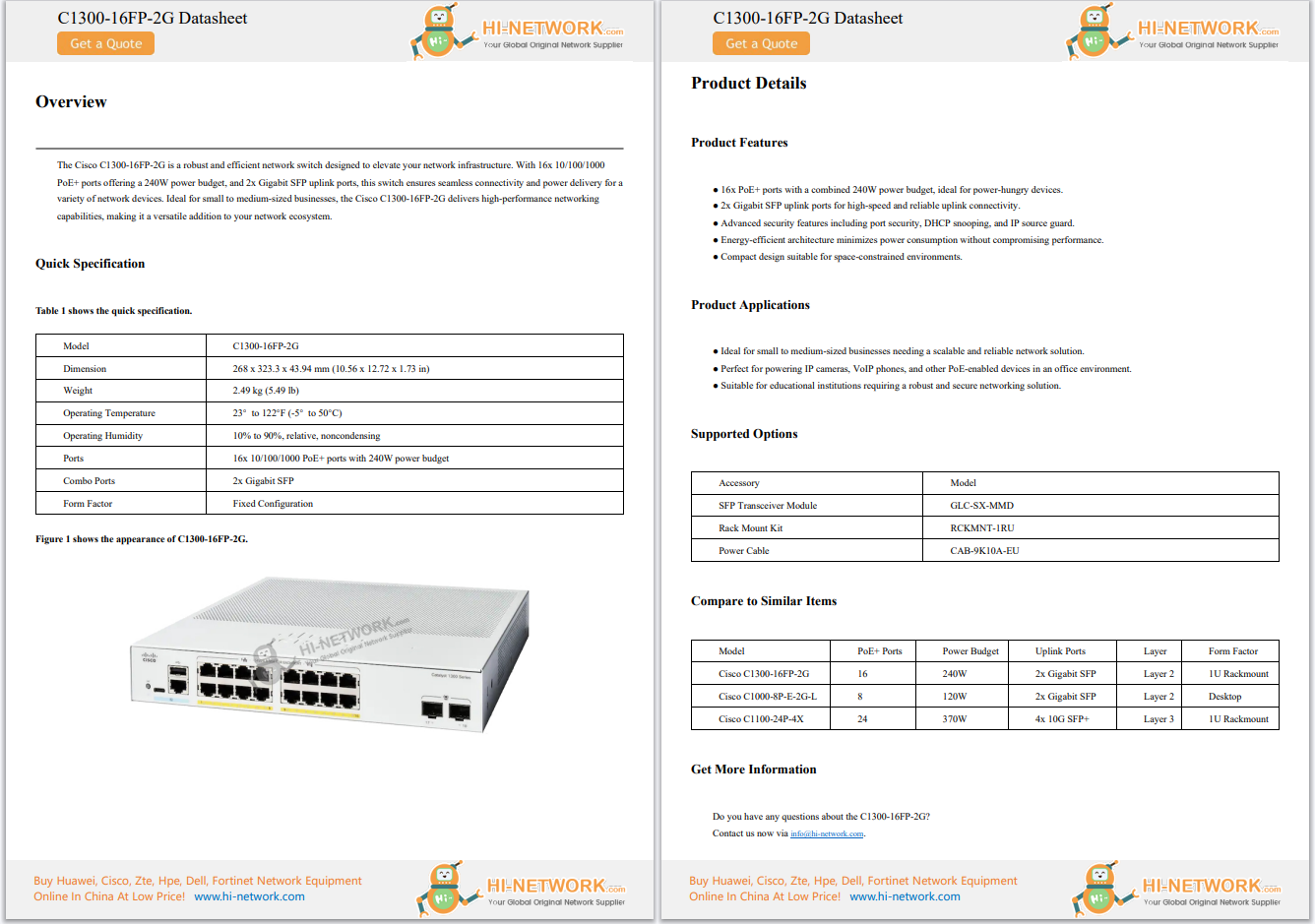
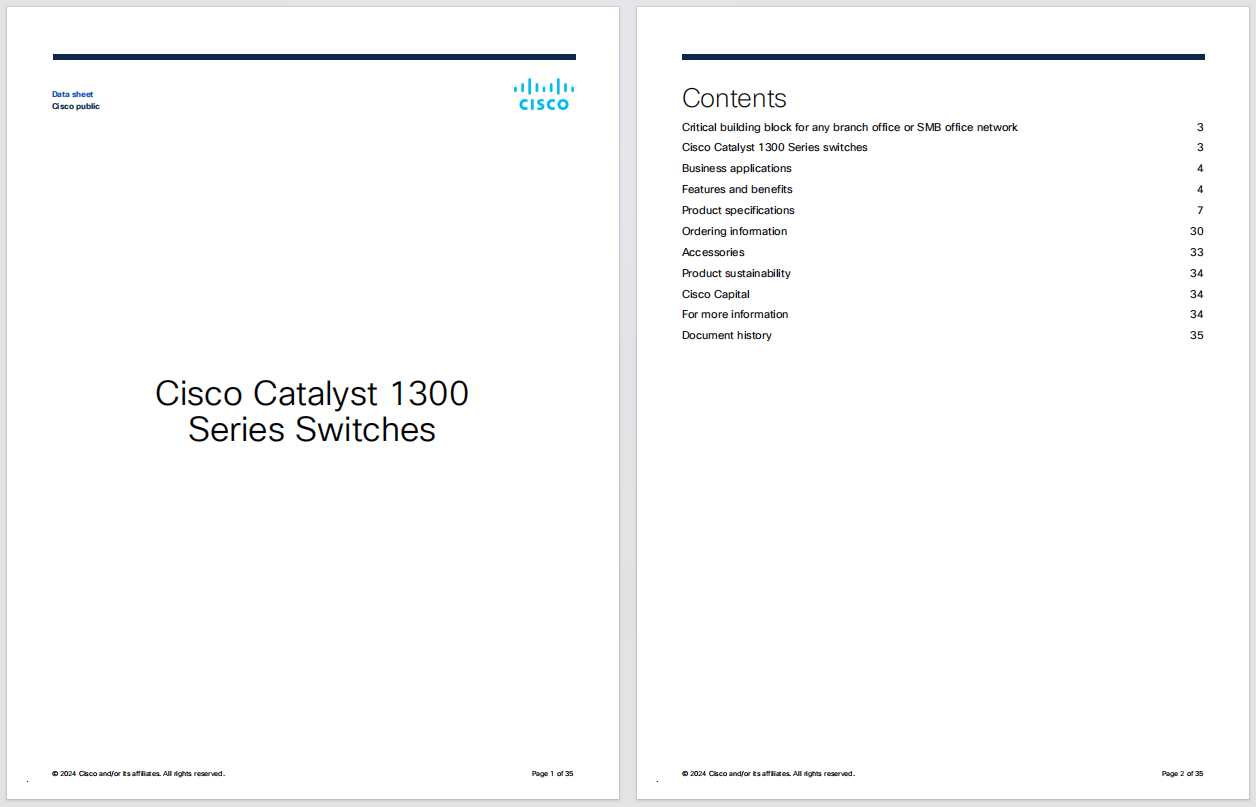
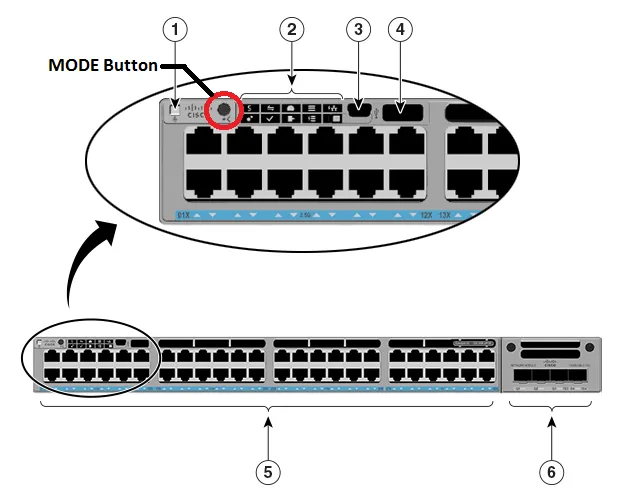
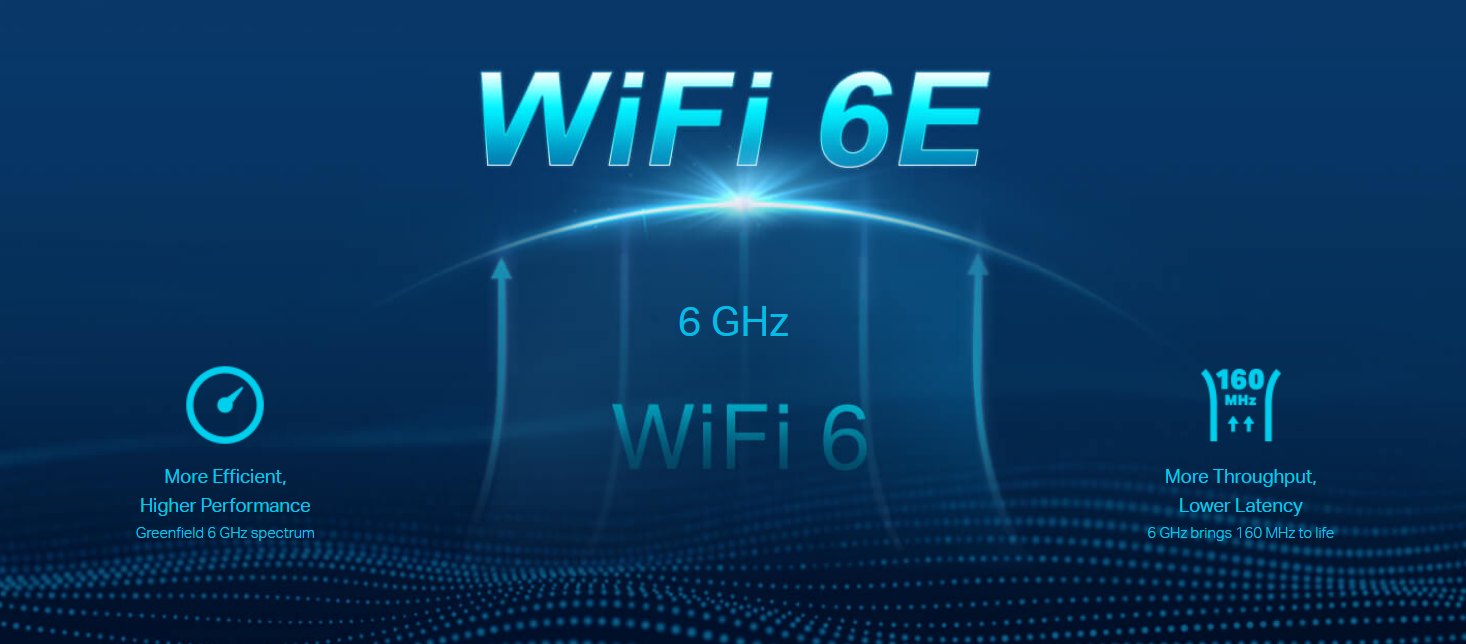
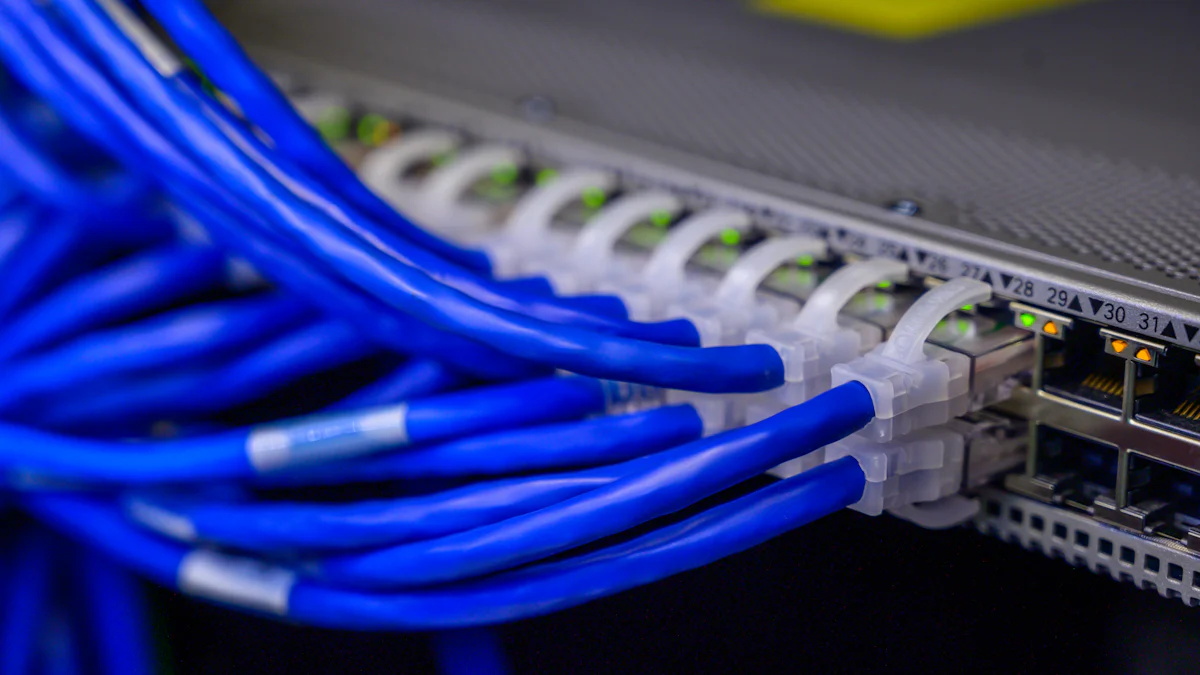
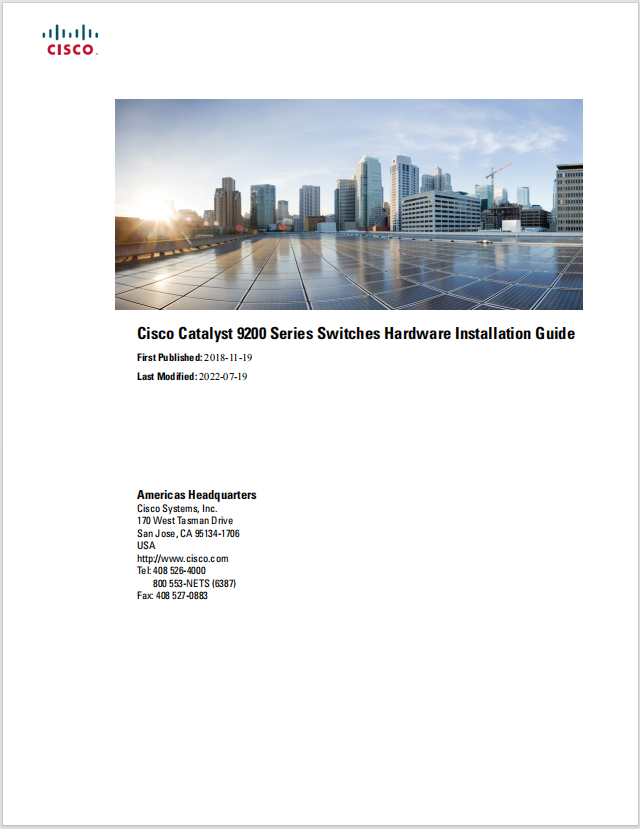
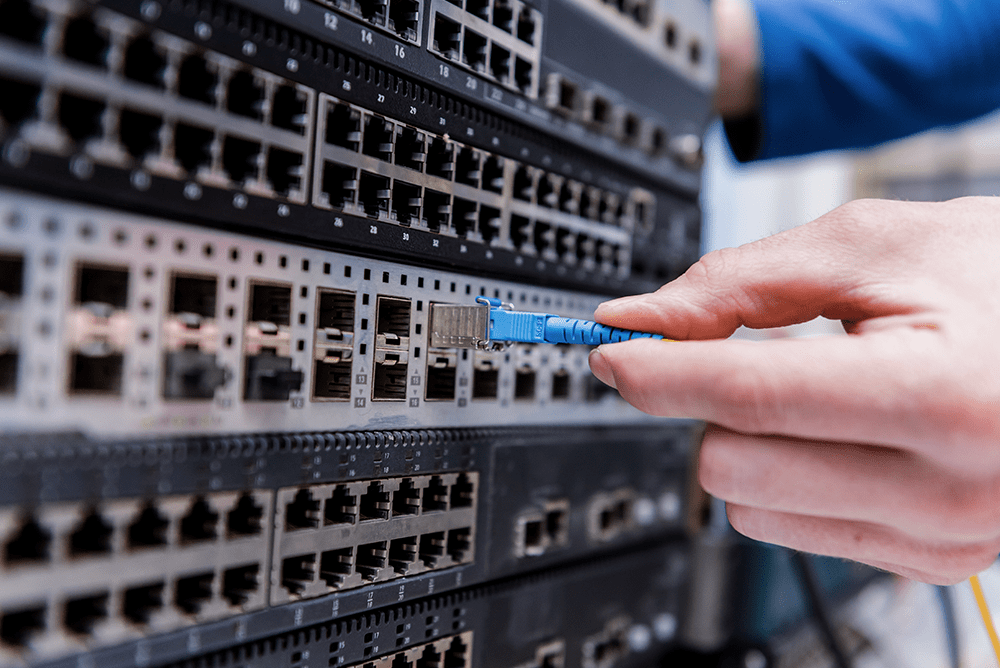
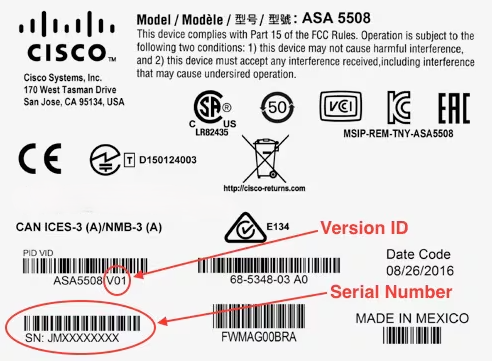
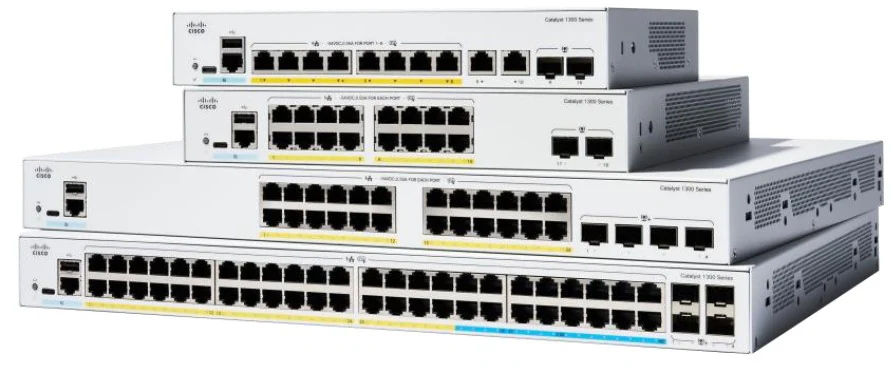

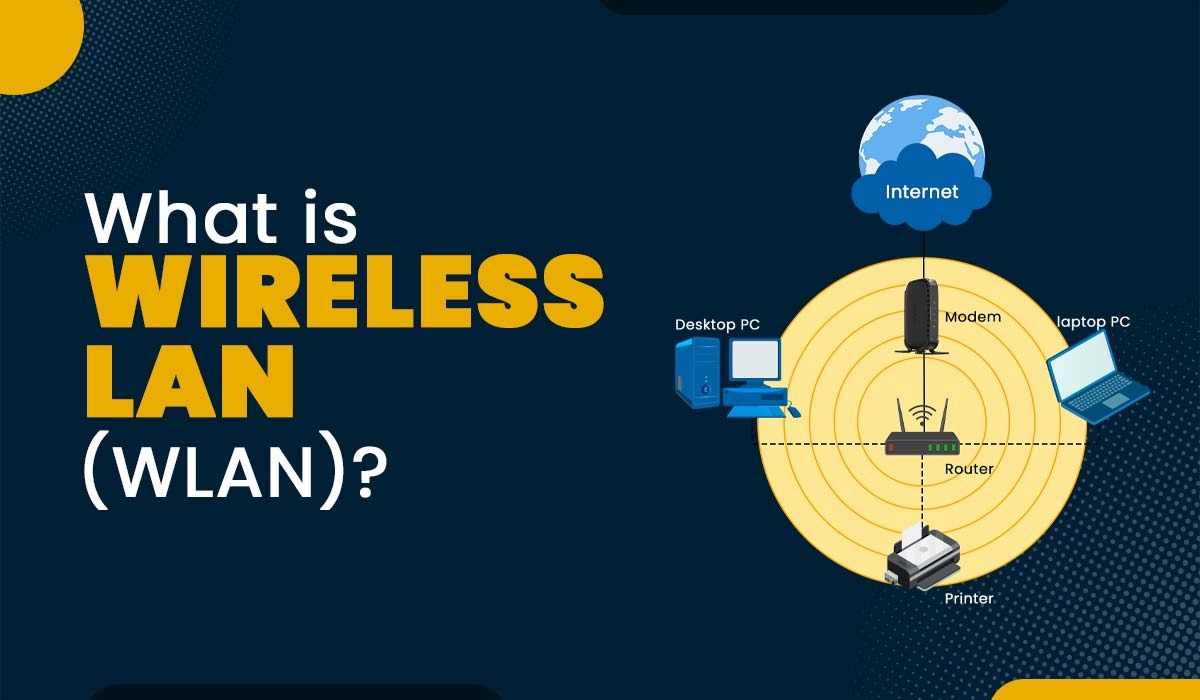
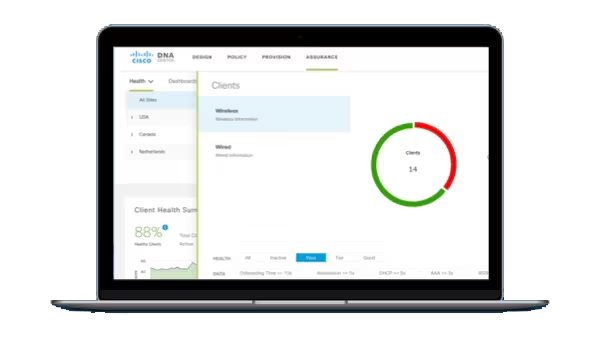
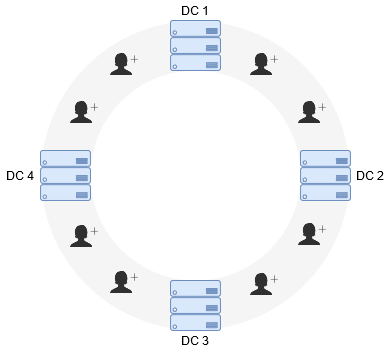
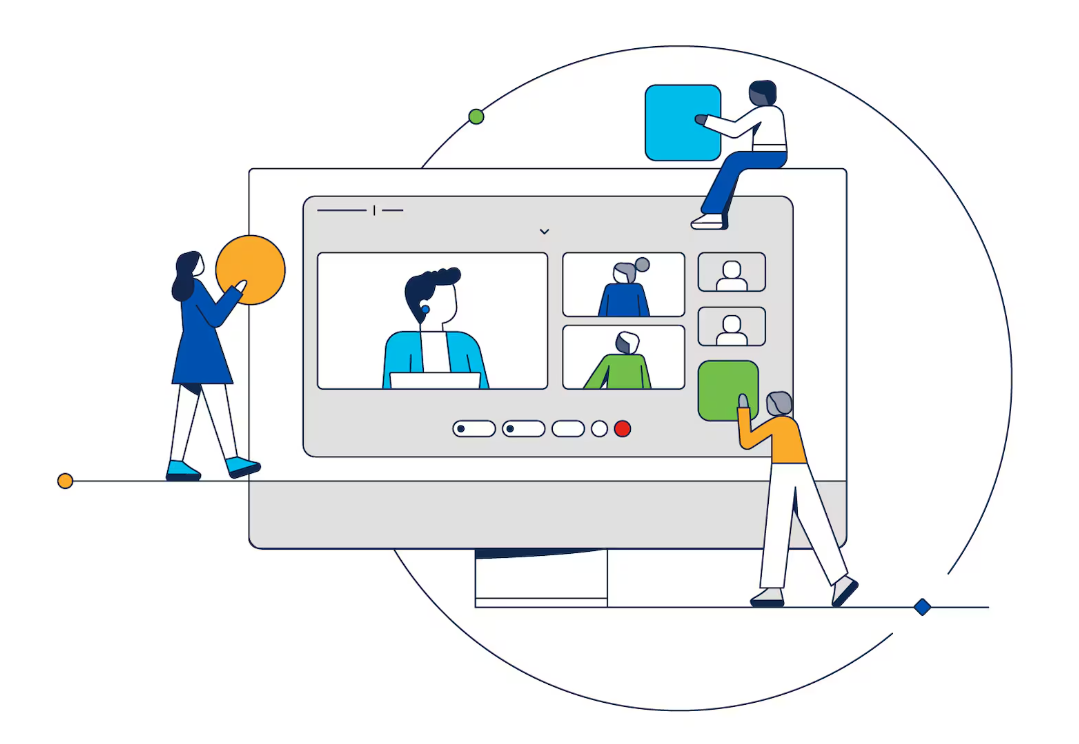
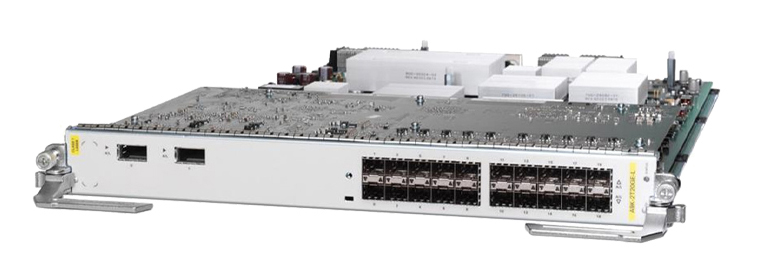


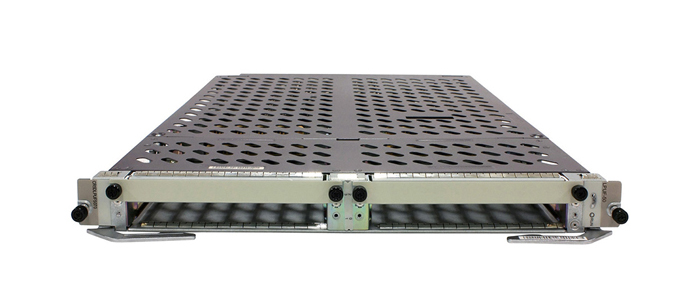
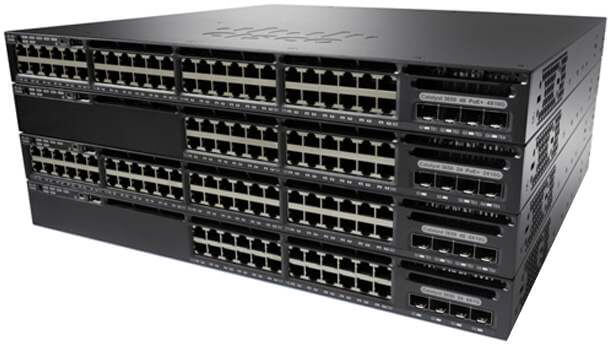
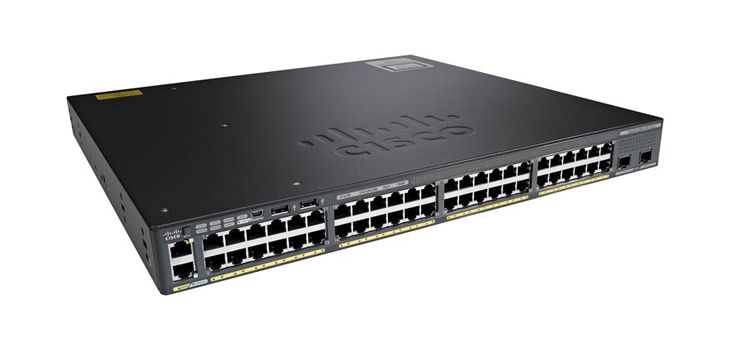
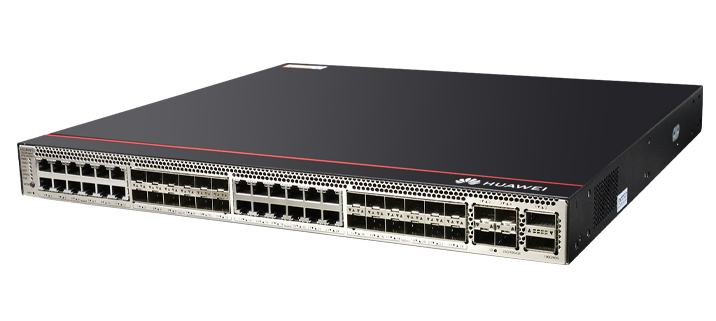
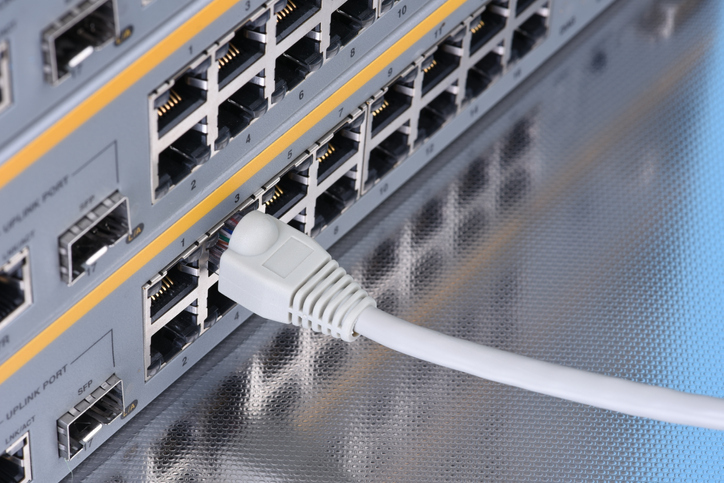
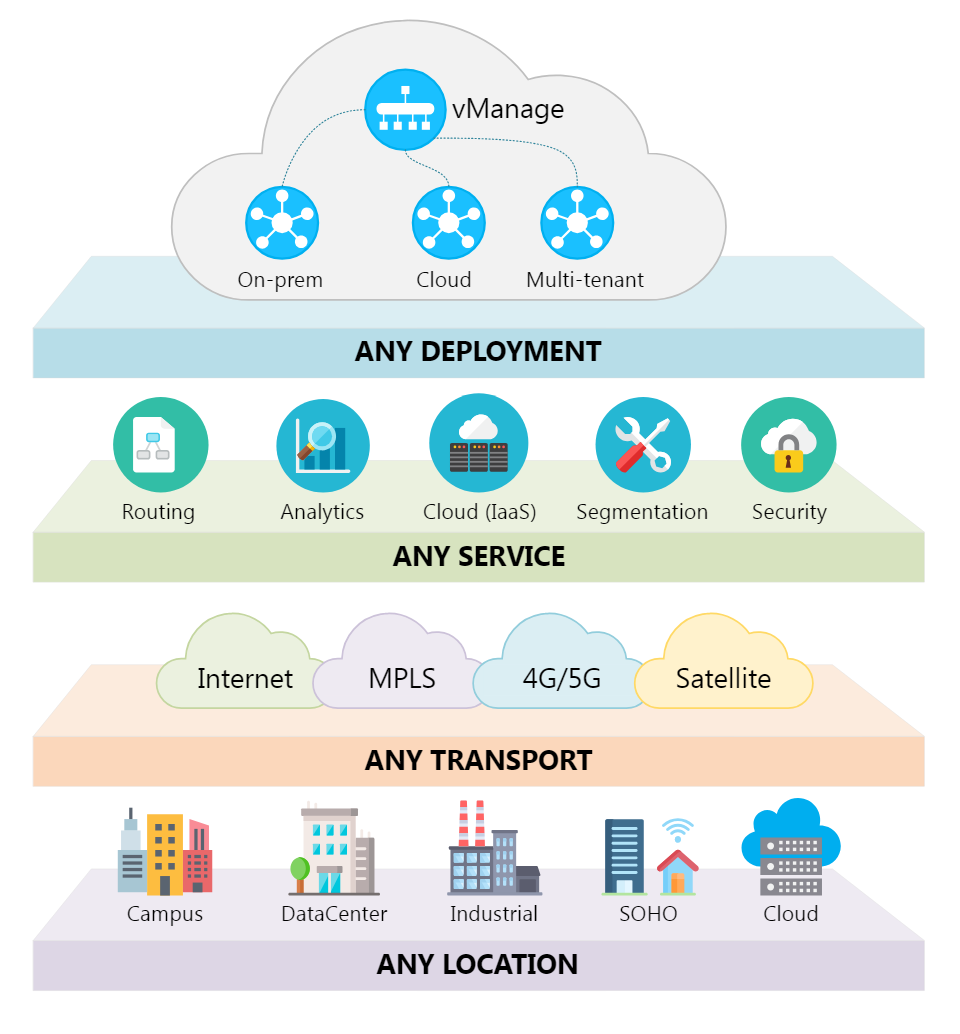
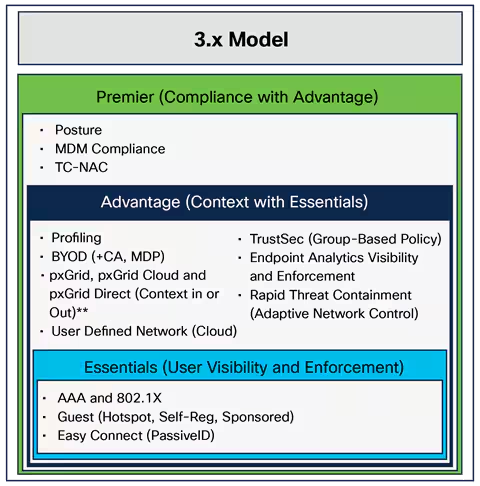
One year ago, we announced goals to achieve 100 percent renewable energy, water neutrality and zero waste at Cisco's campus in Research Triangle Park (RTP), North Carolina. RTP is a growing campus in a regional innovation hub, surrounded by leading research universities and clean technology ventures. This makes RTP a perfect place to test ways to tackle sustainability issues within Cisco's real estate operations, including energy, water and waste. Here's what we've been doing in the last fiscal year (FY19) to make progress toward these goals:
100% Renewable Energy
 Cisco maintains a rooftop solar PV system at the RTP campus
Cisco maintains a rooftop solar PV system at the RTP campusCisco facilities in the United States are already 100 percent powered by renewable electricity but moving forward, we are focusing on increasing the amount of local renewable electricity generated where we have operations. For RTP, we installed a 100 kW solar photovoltaic (PV) system at our campus and were also the first company to sign a contract under Duke Energy's Green Source Rider program. This program allows us to purchase a portion of the electricity used at our RTP campus from 10 MW of new solar projects located in North Carolina. We are also actively engaging with Duke Energy to explore additional opportunities to purchase even more local renewable energy.
Water Neutral
Our second goal for the RTP campus is to become water neutral -to us, this means restoring water to local watersheds in quantities equal to our consumption. We've already implemented numerous water conservation projects on campus, including:
In 2019, we identified additional ways to conserve water on campus, including treating the reclaimed water we use in our cooling towers with a plant-based water treatment solution instead of chemicals. So far, this solution has increased water quality and the efficiency of our systems.
 Cisco supports removal of decommissioned Ward Mill Dam, which will restore free flowing aquatic habitat for several species
Cisco supports removal of decommissioned Ward Mill Dam, which will restore free flowing aquatic habitat for several speciesFinally, to balance the remainder of both the freshwater and recycled water that we use, we are supporting water restoration projects that restore the amount of water we consume back to local freshwater watersheds in North Carolina and the Southeast. One of the projects we are supporting is the removal of Ward Mill Dam, a decommissioned dam in the Watauga River Basin. The project opens recreational access; improves public safety; restores important free flowing aquatic habitat for several species, including the Eastern hellbender and green floater mussel; and improves water quality. This dam removal connects 140 miles of stream and ranks as the highest-priority dam removal project in the state and high in the region in terms of ecological improvement. By supporting this and other water restoration projects in the Southeast, we expect to achieve water neutrality in FY20.
Zero Waste
Per the True Zero Waste Certification definition, zero waste means diverting 90 percent or more of all solid waste from landfill. To work toward this goal, we began serving all meals at our RTP campus in either reusable or bio-degradable containers and launched a campus composting program on Earth Day 2019. All to-go containers in the cafeteria have been replaced with bio-degradable options, and we now provide mugs and reusable cups in cafes and breakrooms instead of paper cups.
 Cisco interns in RTP spent an afternoon building shadow boxes to show how to sort different types of cafe waste
Cisco interns in RTP spent an afternoon building shadow boxes to show how to sort different types of cafe wasteSince the program launched, the campus has stopped sending over 10,000 plastic items to landfill each week, saving three tons of plastic to date. We intend to build upon these successes over the next 12 months by switching plastic breakroom items over to compostable options and removing paper cups from the remainder of the campus. In terms of other types of waste generated on campus, we already have a robust e-waste recycling program for electronics used in our offices and labs, through which 99.5% of collected material is recycled. We also host an annual Recycle IT Day where employees and contractors can drop off e-scrap like end-of-life electronics from home or work to be recycled by Cisco, free of charge.
Over FY19, we diverted 68% of the waste produced on campus from landfill, up from 38% diverted in FY14. We still have a long way to go to hit our goal of diverting over 90% of our waste from landfill, but we are up for the challenge!
Sustainability Around the World
Cisco's RTP campus is not our only focus area for sustainability in our real estate operations this year. Here are some other sustainability achievements from around the world:
 Hot Tags :
Corporate Social Responsibility (CSR)
car
Renewable Energy
circular economy
zero waste
Hot Tags :
Corporate Social Responsibility (CSR)
car
Renewable Energy
circular economy
zero waste